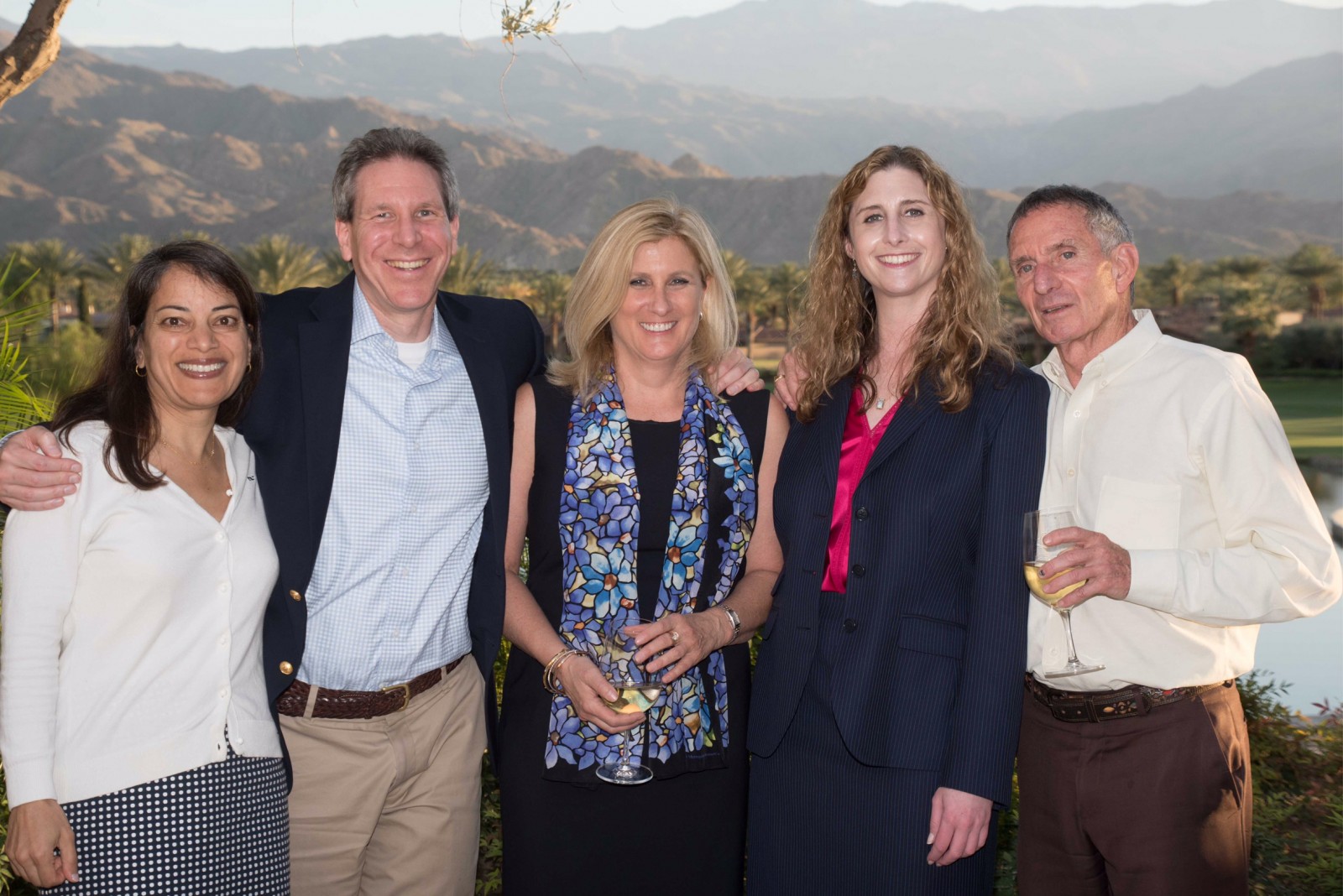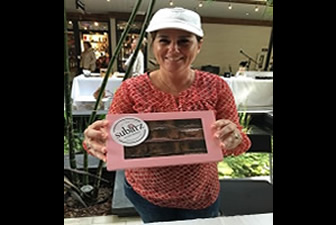Thursday Insight Series by presenter Bruce Givner
Have you heard about the Thursday Insight Series presented by Bruce Givner of The Law Offices of Givner & Kaye, APC.? Each week Bruce gives a free presentation on topics pertaining to asset protection, estate planning and tax planning.
Bruce is a frequenter presenter for us here at Pincus Professional Education so we know that he gives a great presentation.
You can attend these events live or access the recordings. The next presentation is April 6th: Family Limited Partnerships: Capital Gain Tax and Creditor Planning. You can register for the event and request recordings of past events at the Givner & Kaye website.






